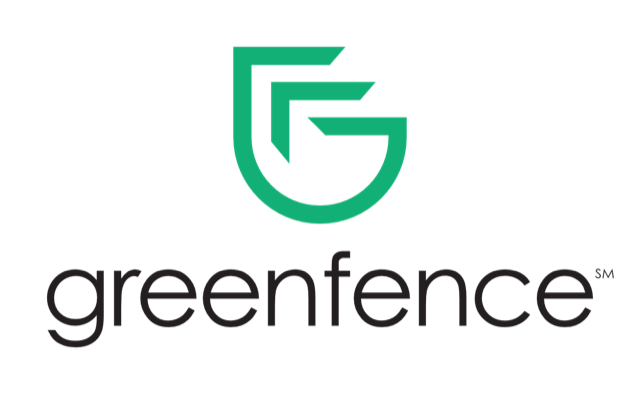
To get the most out of your week in Seattle, be sure to add some Special Sessions to your conference agenda! Attendees who make time for these sessions, which are held at convenient morning intervals, will be the among the first to learn about the most cutting-edge innovations impacting food safety today.
This year’s Special Sessions both complement and enhance the spotlight that the 2020 Conference shines on science and technology. We owe it all to our collaborators, who use their own real-life experiences as case studies for the broad applicability of technologies like smartglass, blockchain and connected compliance tools. Key players behind these technologies will be on hand to answer questions and share insights in a casual, networking-friendly setting.
Read on to see what early birds can learn at the Special Sessions, and visit the programme online for updates and more information!
● Food Safety and Sustainability: Changing the Conversation to Achieve a Common Goal
● Engaging The Masses: How Consumers Feed The Supply Chain
● Concept to Reality: Smartglass and Blockchain in Practice — What a Difference a Year Makes!
● Biggest Threat, Smallest Pest: Combating the Risk of Stored Product Insects
● Alternative Foods: A Safe, Sustainable and Nutritious Future?
● Is Operational Visibility a Myth or Reality?
● Developing the Next Generation of Food Safety Professionals
● Building a Food Safety Culture Utilising Connected Compliance Tools
● Traceability in a Perfect World
Wednesday, 26 February
Food Safety and Sustainability: Changing the Conversation to Achieve a Common Goal
Ecolab
11:15–12:00
As the world gets hotter, drier and more unpredictable, we need new ways to ensure that we continue to have a safe global food supply.
The world is changing — fast. The population is growing, the climate is changing and water is increasingly scarce. In this complex landscape, businesses will need new ways to grow, produce, store and serve high quality food and keep it safe — sustainably. We’ll need to find transformational approaches that can help us get ahead of challenges posed by a rapidly growing, rapidly changing food system.
Without question, we’ll need to lean on digital technology to leapfrog ordinary progress. Already, it has connected an ever-growing number of people, sensors and devices. It has created new business models and social networks, resulted in new ecosystems and transformed our economy. And it can help us advance sustainability and food safety simultaneously. Join us for an engaging conversation with leaders from Food Agriculture, a major CPG company, and Microsoft to discuss how this transformation is affecting organisations all along the supply chain — and how other companies can learn from what these forward-thinking brands are doing.
Engaging The Masses: How Consumers Feed The Supply Chain
Greenfence
11:15–12:00
Consumers have become increasingly influential players in the total food supply chain. They demand safe and sustainable food and now recognise their purchasing decisions can help drive changes in the supply chain that counteract the adverse impacts of resource depletion, environmental degradation, forced labor, an ever-increasing world population and climate change. The change continues to happen at grocery checkouts, restaurants, malls and food distribution centers around the world — one purchase at a time.
How better to connect with consumers before, during and after these purchases than via their mobile devices? In a world of mobility, 5G and edge computing, technology has raised the bar to deliver messaging up and down the supply chain spawned by consumer awareness, insight and demand.
Join Greenfence for a paradigm-shifting conversation with leading retailer Kroger, Ernst & Young and global point-of-sale (POS) retail systems provider Toshiba to learn how companies can utilise the blockchain to effectively connect with consumers before, at and after the POS and start a real-time dialogue on food safety matters. Learn how a blockchain supported ‘global food safety flywheel’ can transform the relationship of information and can educate, engage and provide feedback to consumers and other stakeholders in the food supply chain.
Thursday, 27 February
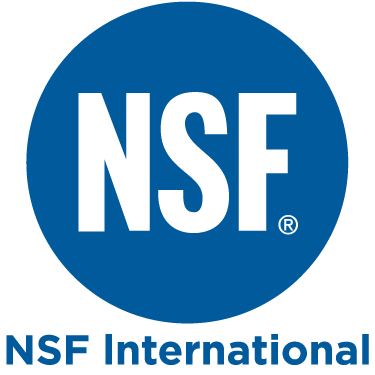
NSF International
8:00–9:00
We have made incredible progress on smartglass technology in the last year. As a Glass Partner, our EyeSucceed team presented concepts at Nice 2019 that are now tangible solutions being delivered through new, more powerful technology. We will share results from implementation of NSF Verify™, the blockchain-enabled platform providing transparency and trust in beef supply, and show how Glass is now being used to improve food safety and quality outcomes while driving efficiency. This session is essential whether you attended Nice last year or just want to understand how your organisation could benefit from a technology-led approach.
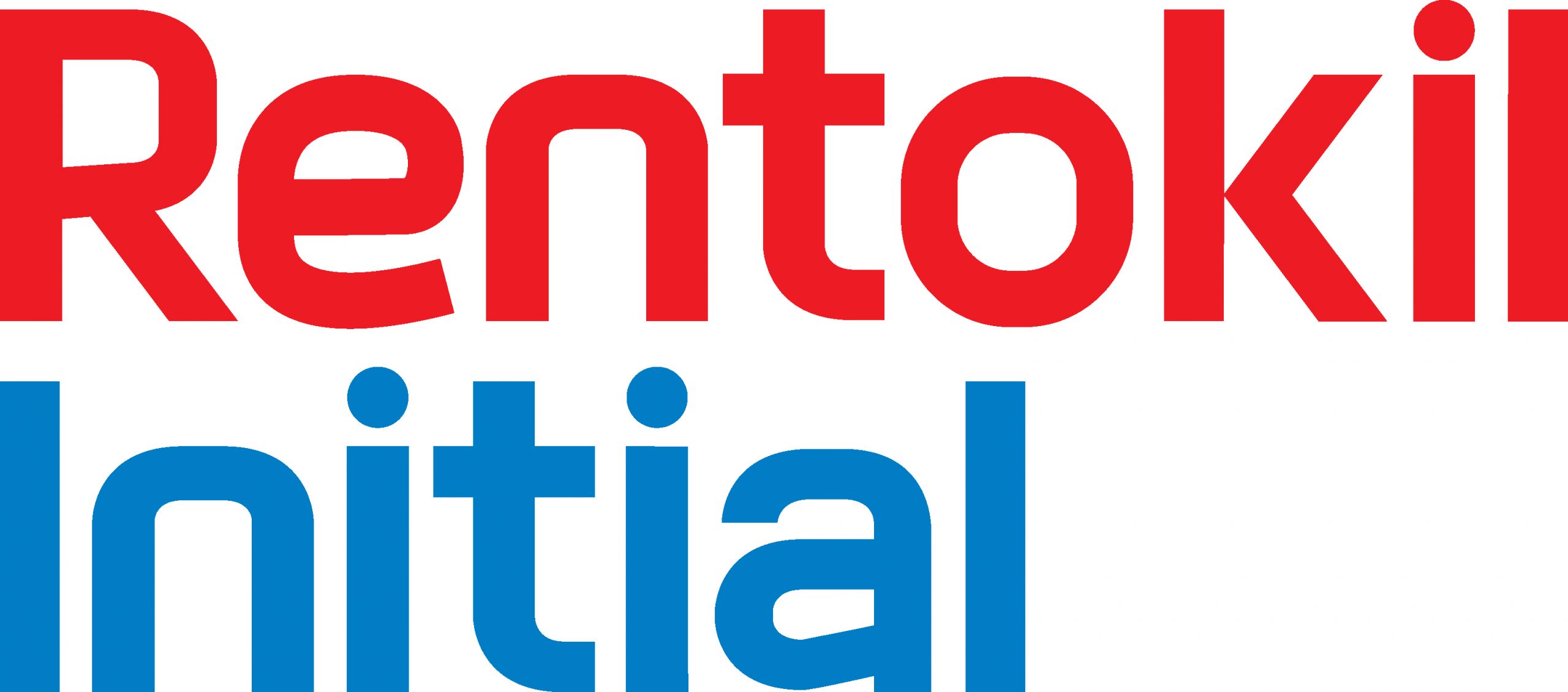
Rentokil Initial
8:00–9:00
Stored Product Insects (SPIs) are one of the biggest pest threats to your food business. These tiny pests damage a significant proportion of the world’s food supplies, posing a threat at all stages of the food supply chain and infesting any stored food, even once packaged. As food supply chains become more global, the risk of SPIs moving across countries and between suppliers is increasing. The greatest challenge for businesses is spotting an infestation before it causes significant damage.
Combining over 90 years of pest experience, behavioural studies and technical expertise with global data driven insight, Rentokil is the world’s leading expert in pest management. Join us as we provide a new perspective on the threat of SPIs to food businesses and discover everything you need to know about managing these tiny yet destructive pests and top tips on how to beat them.
Harnessing traditional pest expertise in combination with pioneering digital technology, leading entomologist Dr. Nancy Troyano and Digital Innovation Director, Paul Donegan, will explore the evolving threat of stored product insects for the production, processing and logistics sectors, geographically and seasonally. In an increasingly connected world, we will demonstrate the value in using big data analytical insights to examine which stored product insects pose the biggest threat to food businesses, where they are most prevalent, where they cause most
damage and the growing SPI threats to watch for in the future. Importantly, we will provide you with practical solutions for better protection against SPI pest risk.
Together, we will provide new and valuable insights to help you make sure your food business is best prepared to manage the world’s most costly set of pests and the biggest threats to food safety.
Alternative Foods: A Safe, Sustainable and Nutritious Future?
SGS
8:00–9:00
The presence of alternative foods in the marketplace is increasing, from plant-based alternatives to the upscaling of cultured meat and even the use of insects as an alternative source of protein. It is estimated that the plant-based meat substitute sector will grow by approximately 7% annually to nearly $6.5 billion by 2023, and the global dairy alternatives market will reach $37.5 billion by 2025.
What is behind the rise of these initiatives? Is it the industry creating new markets and opportunities, or is industry simply reacting to changing consumer demands? If the latter, what has changed to make alternative food sources acceptable and palatable to consumers? Is it the planet’s changing environment, from increased population or the lack of sufficient agricultural land, that are the key drivers for this change? What are the food safety and regulatory challenges, given the clear consumer expectation that these foods should be manufactured, processed, stored and transported under safe and sanitary conditions?
Understanding the marketplace and how the drivers are interrelated is key to predicting if alternative foods are a short-lived fad or a continuing trend that will change the future landscape of food production. This session will provide an overview of the current market for alternative foods and discuss present and future sustainability, food safety and regulatory challenges and opportunities in plant-powered food innovation.
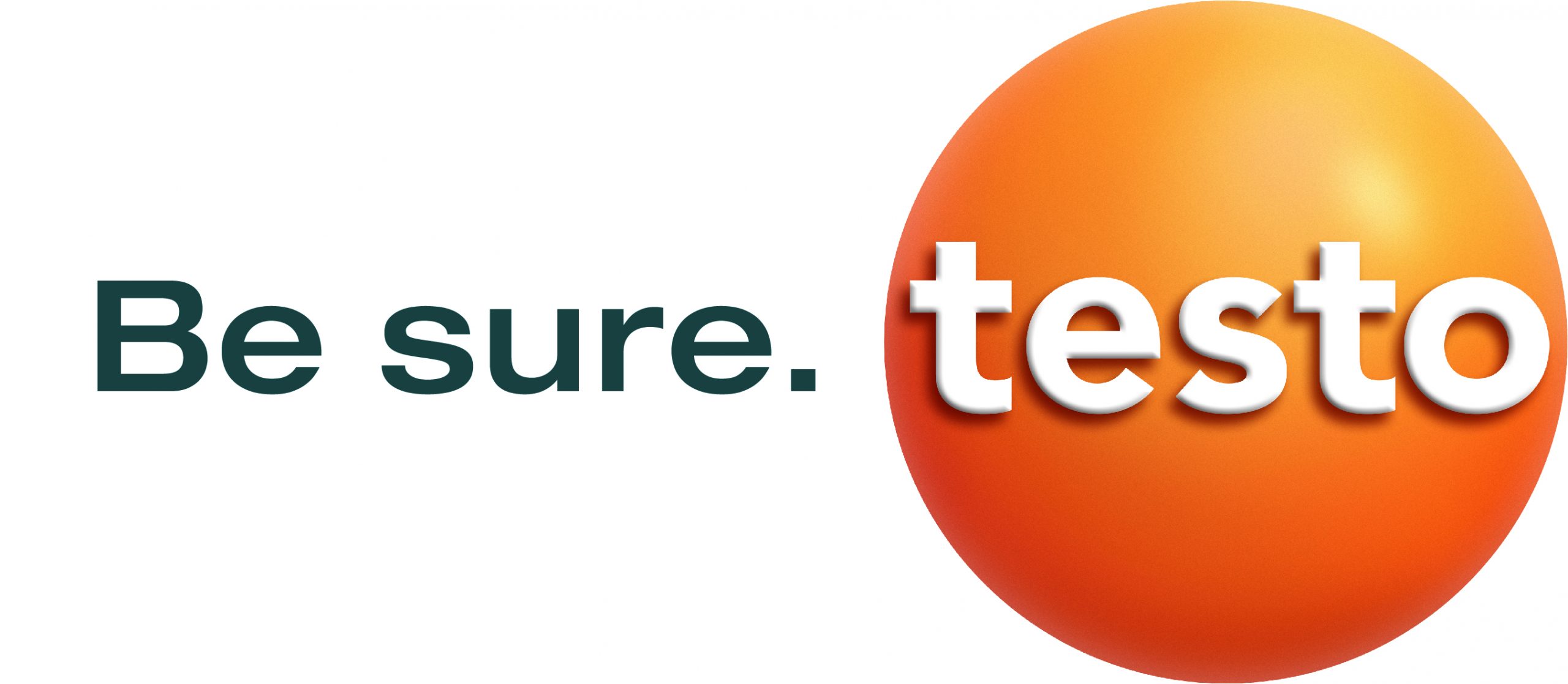
Testo
8:00–9:00
The technological landscape of the 21st century is transforming the way food safety and quality are managed. Technology-enabled quality management systems that support food safety programmes are available and continuously improving. These systems are helping food service
organisations save time and operate more efficiently, while ensuring safe, delicious food is served to their customers. Hear from industry professionals that are charging into the New Era of Smarter Food Safety by adopting digital food safety management in partnership with Testo.
Friday, 28 February
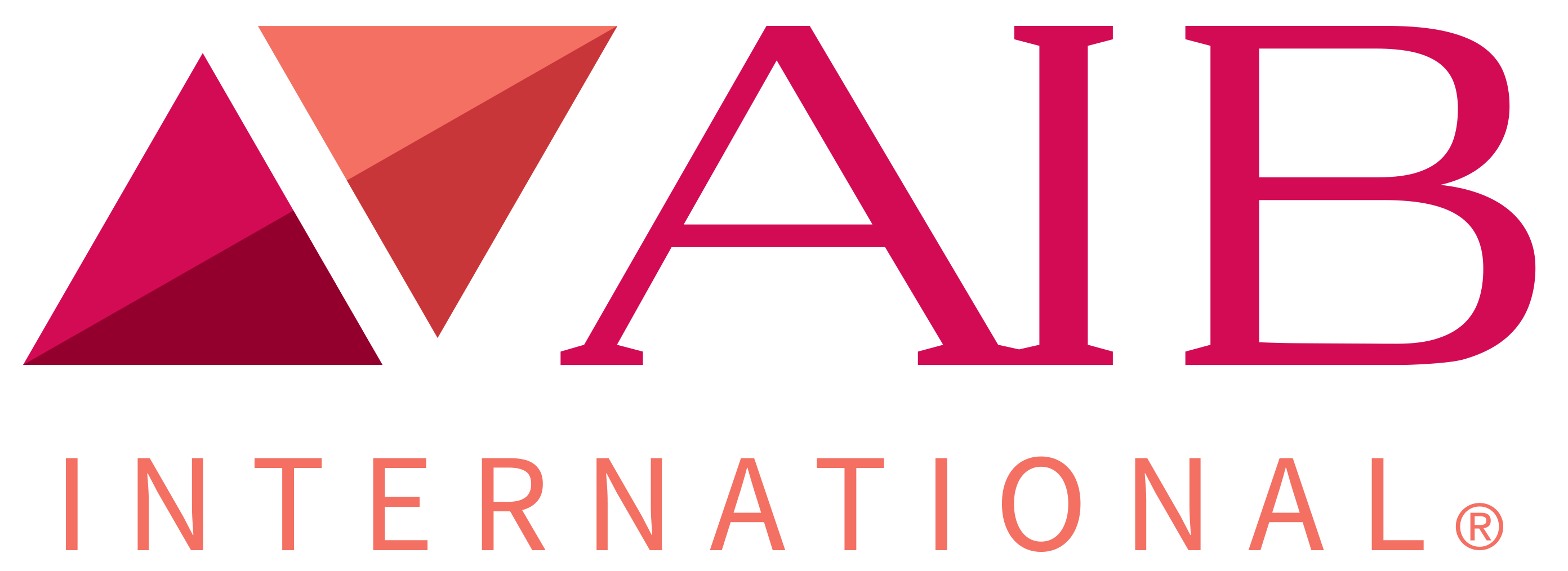
AIB International
8:00–9:00
Companies are struggling to fill food safety and quality positions. Long-serving food safety professionals are retiring, while recent college graduates find little appeal in taking these positions. Salaries aren’t competitive with industries like tech, the necessary qualifications are increasing and auditing has a “bad rap” for being boring.
In this presentation, Jason Dorsey, President of the Center for Generational Kinetics, will examine how the industry can attract desperately needed talent and how leaders can leverage intergenerational dynamics to create a workplace that will engage and retain employees over the long haul. Jason will also lead a fireside chat with universities; certification programme owners; food companies and service providers (AIB International) to reveal how to reduce the knowledge gap between college programmes and industry requirements through innovative mentorship and apprenticeship programmes, leveraging technology to increase interest and awareness, and driving collaboration between industry organisations.
Session participants will benefit from Dorsey’s generational insights and walk away with concrete actions that will help them turn the tide and successfully develop the next generation(s) of food safety leaders.
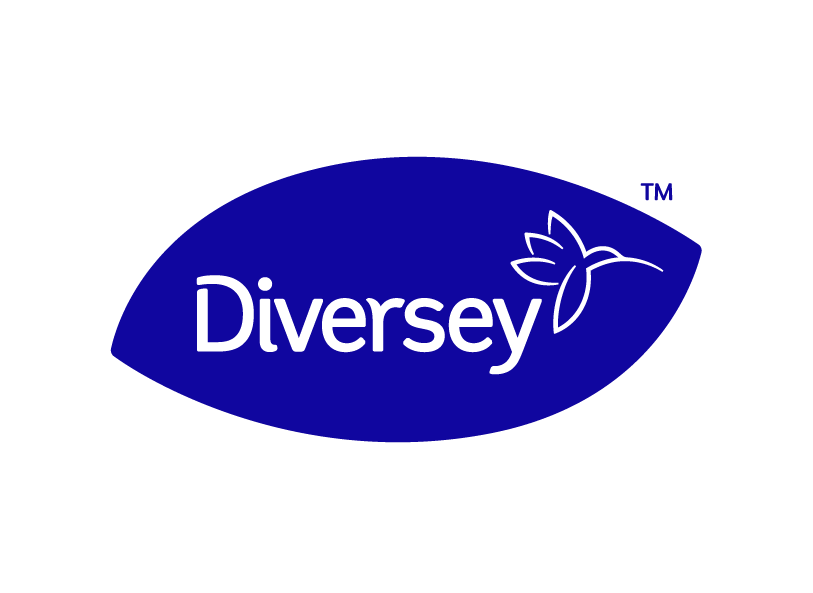
Diversey
8:00–9:00
Food safety is not only about microbiology, chemistry, or equipment. It is first and foremost about people: people doing the right thing and executing the correct processes. Throughout the food chain, employees and managers need to follow correct processes and practices to ensure that food moves from farms to plants, stores, restaurants and finally to consumers’ tables as safely as possible. Yet even today, we are still seeing process failures and gaps in food safety culture leading to foodborne illness and outbreaks.
A strong sanitation programme, with practices that are performed properly and consistently, is a prerequisite for any HACCP plan, and sanitation practices are critical to ensure the safety of our food supply. This session will feature panelists who will discuss the key elements of building culture and the use of new digital tools to enhance active managerial controls. These tools will help measure compliance to food safety and sanitation processes and allow management to reinforce the culture necessary to keep our food supply as safe as possible.

GS1
8:00–9:00
Peer into the future where whole-chain traceability programmes are the norm, and all fresh food recalls are conducted with speed and precision. This session will examine the obstacles that prevent the food supply chain from achieving this level of visibility today, and how new technology like blockchain can enhance traceability and recall response time. A panel of experts will explain why the use of GS1 Standards for data quality and systems interoperability is critical to help the entire industry move forward into a new era of supply chain modernisation.

